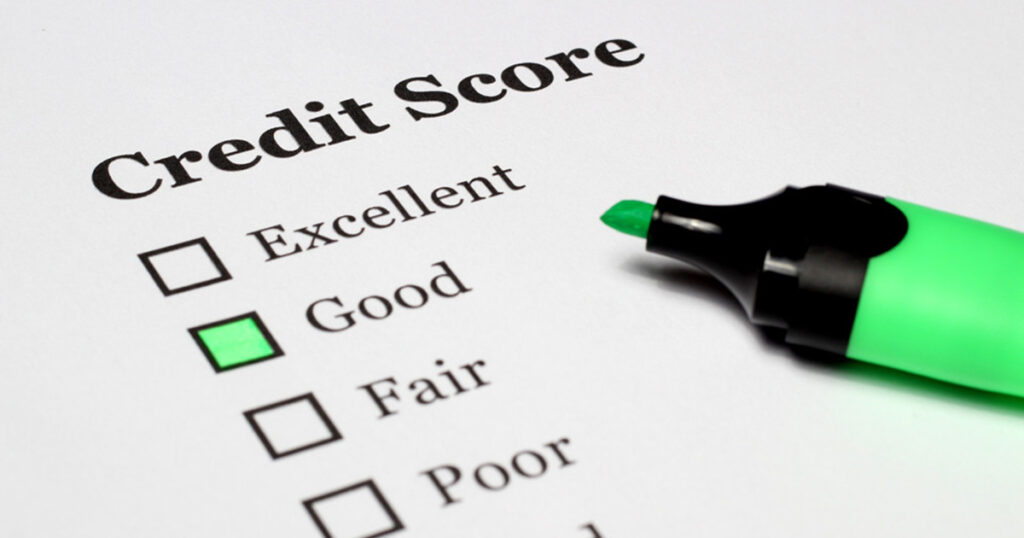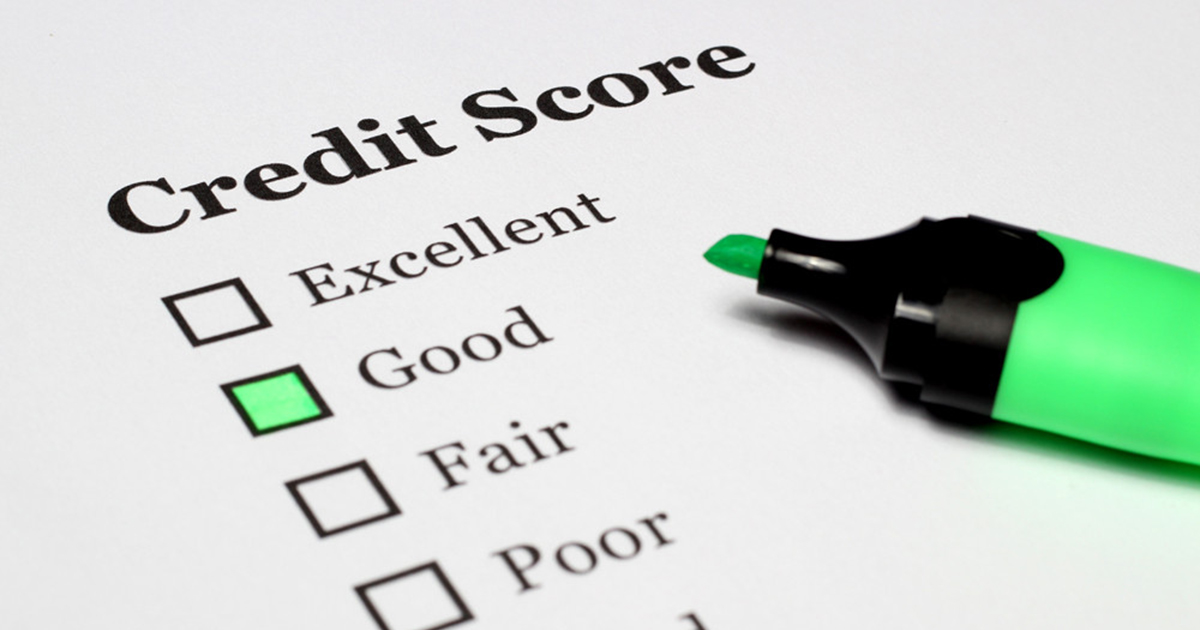Learn 10 Unusual Ways to Raise Your Credit Score

It’s possible to raise your credit score with some simple changes. Credit scores affect insurance rates, loan interest rates, and other important financial products. A higher score can lead to a brighter financial future.

Consider using these ideas to raise your credit score:
- Piggyback on good credit histories. You can use a family member’s or friend’s good credit history to help you.
- If you add yourself to an account in good standing, your credit score will go up.
- Most credit cards allow users to add family members and distant relatives to their accounts.
- You’ll be an authorized user on the account and able to make purchases and pay the bills.
- Keep old accounts open. It’s important to keep older accounts like credit cards open because they influence credit scores. Credit scores can decrease if you close accounts.
- Account age also matters. Scores are affected positively by older accounts because they show a history of maintaining credit.
- Plus, these old accounts add to the amount of credit you have access to, thus lowering the percentage of available credit you’re using, which raises your score.
- Set up auto-payments. Automatic payments are a convenient way to pay bills every month. They’re also an easy way to avoid a late payment and a fee. Auto payments can help improve your credit score by preventing these issues.
- Pay credit card bills more than once a month. Credit scores rely on a debt utilization ratio. This ratio compares how much debt you have to the size of your credit limit.
- One way to improve credit scores is to lower the debt utilization ratio.
- Paying your credit card bills more than once a month can help you improve the score by decreasing the ratio. Extra payments lower your debt while increasing how much credit is available during the month.
- Ask for good-will deletions. It’s possible to ask credit reporting agencies and lenders for good-will deletions.
- Late fees, late payments, or unpaid bills can affect credit scores. A good-will deletion is a request to remove these items based on a prior good history. This method works best if you’re a long-term customer with few issues.
Pages: 1 2


